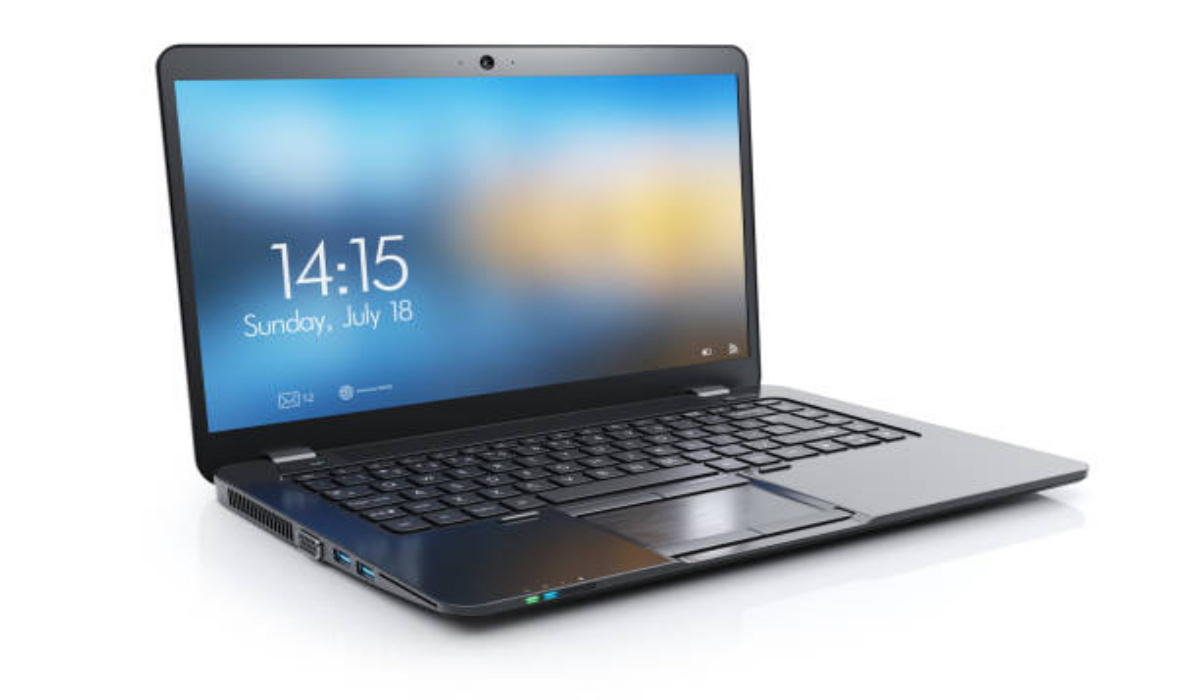Windows 10 devices typically come with troubleshooting tools for solving any problems you encounter while using them. The automatic repair tool is one of these useful troubleshooting tools for Windows 10. It is a useful repair option that can resolve issues that prevent your computer from booting properly.
However, it’s also possible that while you use the repair tool, it becomes a problem itself. For instance, your computer could get stuck in an automatic repair loop. If you ever encounter this problem, you’ll find this guide really helpful.

In this guide, we’ve compiled a list of possible solutions to fix Windows 10 stuck in automatic repair without USB or disc. Keep reading to find out what’s possible, and feel free to adopt whatever suggestion works best for your device.
What is an Automatic Repair Loop?
An automatic repair loop is an issue that arises when Windows 10 attempts to boot and fails, then forcefully starts up the automatic repair tool and attempts to repair itself. When Windows cannot restore itself, it reboots and repeats the process in a continuous loop.
When this happens, you’ll need to figure out a way to fix Windows 10 stuck in automatic repair, so we’ve provided a few suggestions in the next section.
How Can I Fix Windows 10 Stuck in Automatic Repair Without USB or Disc?
There are several solutions to attempt when you’re trying to fix Windows 10 stuck in automatic repair without USB or disc.
Try one of the following solutions:
Run Fixboot and Chkdsk Commands
One way to fix Windows 10 stuck in automatic repair is by running the appropriate commands. If you can’t figure out what’s causing the automatic repair loop, you can try to fix it with certain system repair tools. The “chkdsk” command uses the Check Disk program to perform a low-level check through your system drive. If it discovers errors during this check, it will rectify them automatically.
While Windows cannot boot, you can use the Advanced options menu screen to compel Windows to boot to a Command Prompt window. Follow these steps:
- Restart your computer and, before the Windows logo and spinning symbol shows up, press the F8 key on your keyboard. This will bring up the Windows boot troubleshooting menu. To begin, click See advanced repair options.
- Select Troubleshoot > Advanced options > Command Prompt from the Choose an option screen.
- Enter the following command in the Command Prompt window: “chkdsk c: /r“
- If the “chkdsk” command doesn’t work, try the Fixboot command instead. Type the following command into the same Command Prompt window and click Enter: “fixboot c:“
- Quit the Command Prompt window, then restart your computer after you finish.
Restore Windows Registry
Malware infestations or disk problems can sometimes ruin the registry files. As such, one of the effective ways to fix Windows 10 stuck in automatic repair is to restore registry files. You’ll need to access the Windows registry and change a few settings to get everything operating again.
To repair registry issues and fix Windows 10 stuck in automatic repair, perform the following actions:
- Launch the Windows boot troubleshooter.
- Select Troubleshoot > Advanced options > Command Prompt > See advanced repair options.
- Enter the command:
“C:\Windows\System32\config\\rregback* C:\Windows\System32\config”, then click Enter.
- When prompted to overwrite files, enter All and press Enter.
- When you’re finished, restart your computer.
Disable Automatic Repair
Another option you have to fix Windows 10 stuck in automatic repair is to disable the automatic repair tool. This should let you boot into Windows without going through the repair loop. This, however, will only function if your Windows system is properly operational.
Follow the steps below to disable Windows 10’s automated repair tool in order to successfully fix Windows 10 stuck in automatic repair:
- Launch the Windows boot troubleshooting screen.
- Click on See advanced repair options > Troubleshoot > Advanced options > Command Prompt.
- Input “bcdedit” into the Command Prompt, then click on Enter.
- Examine the identifier and recoveryenabled values. The identifier value should be “{default}” and the recoveryenabled setting should be set to “yes”.
- Now, enter the following command: “bcdedit /set {default} recoveryenabled no“
- This will turn off automated boot repair. If the command does not work, try “bcdedit /set {current} recoveryenabled no” instead.
- When you’re done, restart your computer.
In summary, there are several ways to fix Windows 10 stuck in automatic repair without USB or disc. Take a cue from our suggestions in this guide but ensure that you follow the instructions correctly to achieve the desired results.